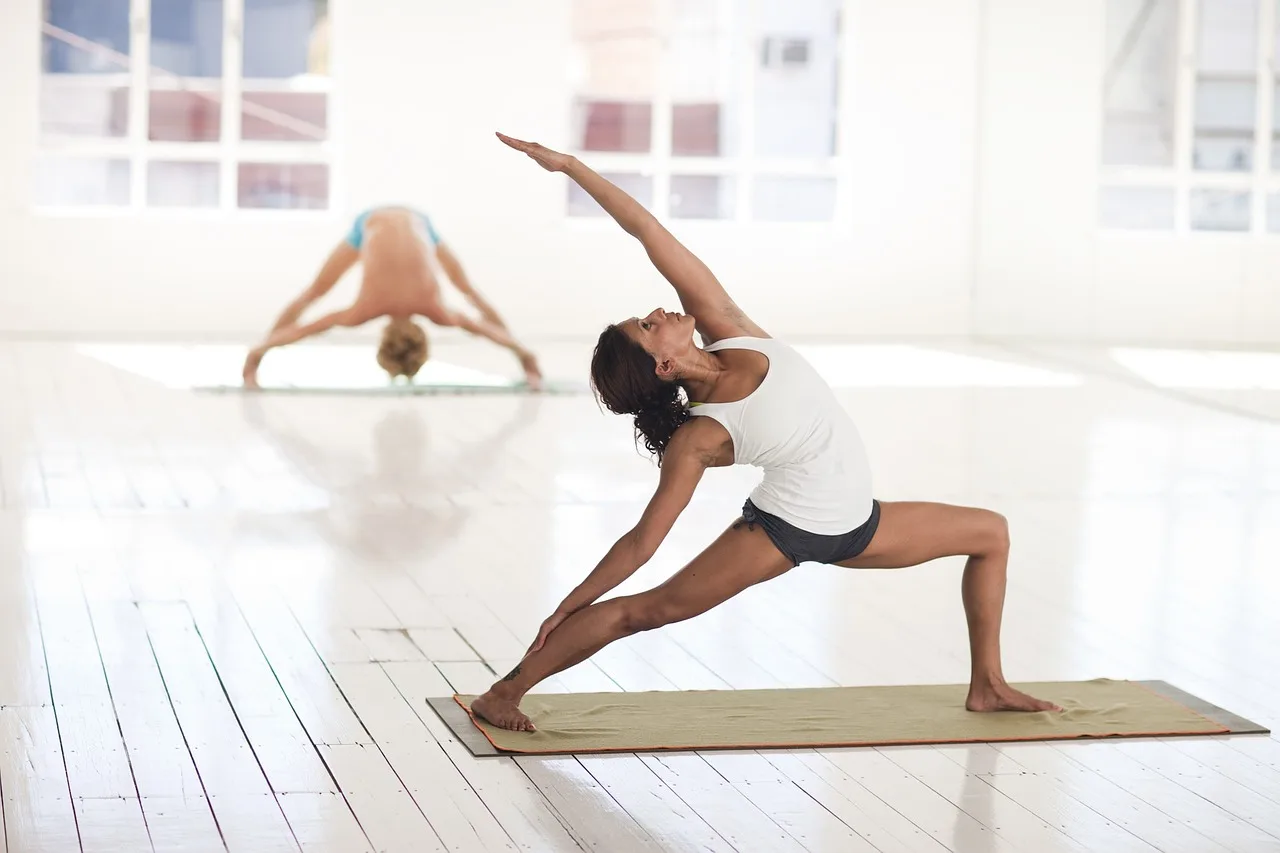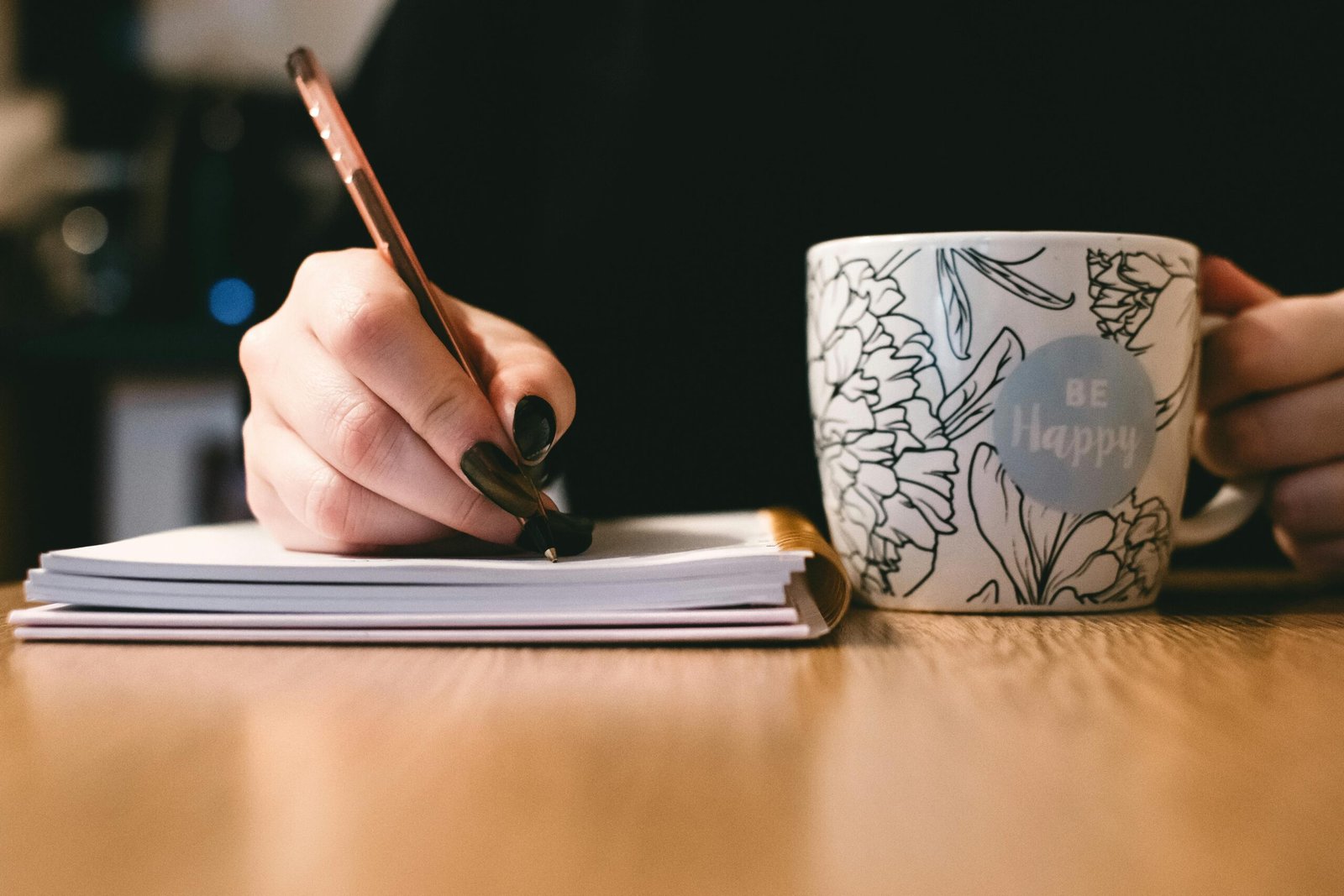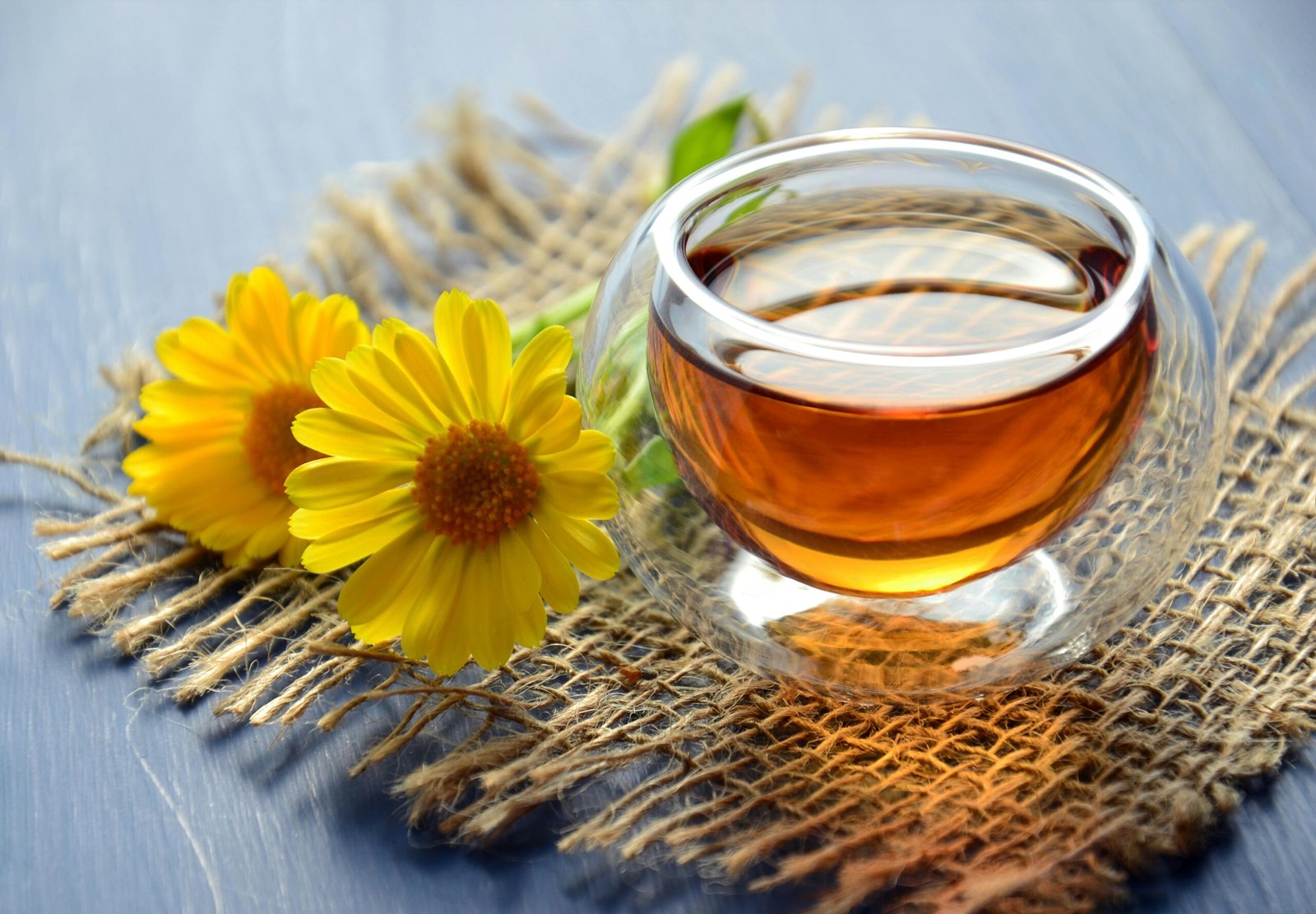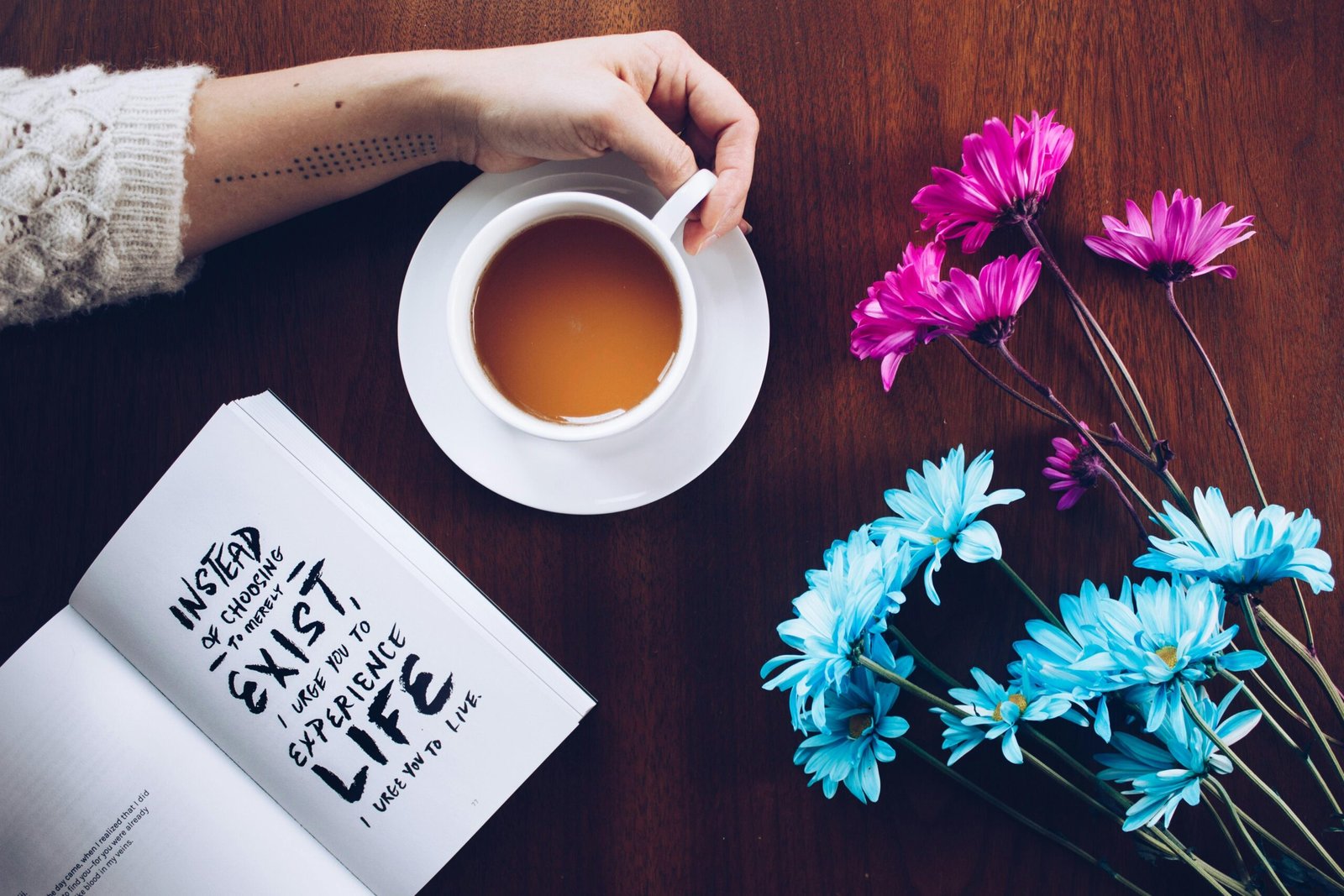Table of Contents
In our fast-paced modern world, anxiety and stress have become unwelcome companions in many people’s lives. While professional medical help should always be sought for severe anxiety disorders, many individuals are turning to natural remedies to help manage daily stress and mild anxiety.
This comprehensive guide explores evidence-based natural approaches that can help create a sense of calm and balance in your life.
Understanding the Mind-Body Connection
Before diving into specific remedies, it’s crucial to understand how anxiety and stress manifest in both our minds and bodies.
When we experience stress, our bodies release cortisol and adrenaline, triggering the “fight or flight” response.
While this was crucial for our ancestors’ survival, chronic activation of this system in modern life can lead to various health issues, including digestive problems, weakened immunity, and sleep disturbances.
Natural Remedies For Anxiety And Stress:
Mindfulness and Meditation: The Foundation of Natural Stress Relief

Perhaps the most researched and validated natural approach to managing anxiety is mindfulness meditation. This practice involves focusing on the present moment without judgment, allowing thoughts to come and go like clouds in the sky.
Research has shown that regular meditation can actually change the structure of the brain, particularly in areas associated with emotional regulation and stress response.
Getting Started with Meditation:
Begin with just 5 minutes of focused breathing daily.
Find a quiet space where you won’t be interrupted.
Focus on the sensation of your breath moving in and out.
When your mind wanders (which is normal), gently bring it back to your breath.
Gradually increase the duration as you become more comfortable.
Herbal Allies for Anxiety Relief
Nature has provided us with numerous plants that can help support a calm nervous system. Here are some of the most well-researched options:

Lavender: Beyond its pleasant scent, lavender has been shown in clinical studies to have anxiety-reducing properties comparable to some conventional treatments. It can be used as an essential oil for aromatherapy, taken as a supplement, or enjoyed as a tea.
Chamomile: This gentle herb has been used for centuries as a natural calming agent. Regular consumption of chamomile tea has been linked to reduced anxiety symptoms and improved sleep quality.
Ashwagandha: This adaptogenic herb from Ayurvedic medicine has shown promising results in helping the body adapt to stress and reducing anxiety levels. It’s particularly effective when taken consistently over time.
Passionflower: Studies suggest this herb can help reduce anxiety symptoms and improve sleep quality without causing drowsiness during the day.
Lifestyle Modifications for Long-term Stress Management
While herbs and meditation can be powerful tools, sustainable anxiety management often requires broader lifestyle changes:

Exercise and Movement
Regular physical activity is one of the most effective natural anxiety remedies. Exercise releases endorphins, our body’s natural mood elevators, and helps reduce muscle tension associated with stress.
Aim for at least 30 minutes of moderate exercise most days of the week. Activities like yoga, swimming, or walking in nature can be particularly beneficial for stress reduction.
Nutrition for Mental Wellness
What we eat can significantly impact our anxiety levels. Consider these dietary guidelines:
Reduce caffeine and alcohol intake:
Increase consumption of omega-3-rich foods like fatty fish.
Include plenty of complex carbohydrates for steady blood sugar.
Stay hydrated with water throughout the day.
Consider incorporating magnesium-rich foods like dark leafy greens and nuts.
Sleep Hygiene and Anxiety:
Poor sleep and anxiety often create a vicious cycle. Establishing good sleep hygiene can help break this pattern:
Maintain a consistent sleep schedule:
Create a relaxing bedtime routine.
Keep your bedroom cool, dark, and quiet.
Limit screen time before bed.
Avoid large meals close to bedtime.
Breathing Techniques for Immediate Relief

When anxiety strikes, specific breathing exercises can provide quick relief:
4-7-8 Breathing: Inhale for 4 counts, hold for 7, exhale for 8.
Box Breathing: Equal counts of inhaling, holding, exhaling, and holding.
Diaphragmatic Breathing: Deep belly breathing that activates the parasympathetic nervous system.
Creating a Stress-Resistant Environment
Our surroundings can significantly impact our stress levels. Consider these environmental modifications:
Declutter your living and working spaces.
Incorporate plants into your environment.
Use natural lighting when possible.
Create a dedicated relaxation space in your home.
Minimise noise pollution with sound-absorbing materials or white noise.
Social Connection and Support

Human connection is a powerful antidote to anxiety. While it may seem counterintuitive when feeling anxious, maintaining and nurturing social relationships is crucial:
Schedule regular check-ins with friends and family.
Join support groups or community organisations.
Participate in group activities that align with your interests.
Consider volunteering, which can provide perspective and purpose.
Journaling and Emotional Expression

Writing can be a powerful tool for managing anxiety:
Keep a gratitude journal.
Track anxiety triggers and patterns.
Practice expressive writing about your feelings.
Document successful coping strategies.
Professional Support and When to Seek Help
While natural remedies can be extremely helpful, it’s important to recognise when professional help is needed. Signs that you should consult a healthcare provider include:
Anxiety that significantly impairs daily functioning.
Panic attacks.
Persistent sleep problems.
Physical symptoms that concern you.
Thoughts of self-harm.
The Power of Routine and Ritual

Creating daily routines and rituals can provide a sense of control and stability:
Morning routines that set a positive tone for the day.
Regular meal times.
Scheduled relaxation periods.
Evening wind-down rituals.
Looking Forward: Building Resilience

Managing anxiety is not just about addressing current symptoms but building resilience for the future. This involves:
Developing a toolkit of personal coping strategies.
Building a support network.
Understanding your triggers and early warning signs.
Regularly practising stress-management techniques.
Maintaining a balanced lifestyle.
Remember that managing anxiety is a journey, not a destination. What works best may vary from person to person, and it often takes time to find the right combination of natural remedies and lifestyle changes. Be patient with yourself as you explore different approaches, and celebrate small victories along the way.
Conclusion
The key to success with natural anxiety remedies is consistency and commitment. Start with one or two approaches that resonate with you, and gradually incorporate others as you become comfortable. Keep in mind that while these natural remedies can be extremely effective for many people, they should complement, not replace, professional medical advice when needed.
By taking a holistic approach to anxiety management and incorporating these natural remedies into your daily life, you can build a stronger foundation for mental wellness and emotional resilience.
Remember that seeking peace and calm is not a sign of weakness, but rather a wise investment in your overall health and well-being.

FAQs
What’s the fastest natural way to calm anxiety at the moment?
The 4-7-8 breathing technique is one of the quickest ways to activate your body’s relaxation response.
Inhale for 4 counts, hold for 7 counts, then exhale for 8 counts.
This pattern helps slow your heart rate and reduce anxiety symptoms within minutes.
Which herbs are scientifically proven to help with anxiety?
Lavender and ashwagandha have the strongest scientific evidence behind them.
Clinical studies have shown that lavender can be as effective as some mild anxiety medications, while ashwagandha has been proven to significantly reduce cortisol levels and anxiety symptoms when taken regularly.
How long should I meditate each day to see the benefits for anxiety?
Research shows that just 10 minutes of daily meditation can produce noticeable benefits for anxiety within 8 weeks.
Start with 5 minutes if you’re new to meditation, and gradually work your way up to 10-20 minutes per day for optimal results.
Can certain foods help reduce anxiety?
Yes, foods rich in omega-3 fatty acids (like salmon and walnuts), complex carbohydrates (like oatmeal and whole grains), and magnesium (like dark leafy greens and avocados) can help reduce anxiety levels by supporting brain health and stabilising blood sugar.
How can I tell if my anxiety requires professional help versus natural remedies?
If your anxiety regularly interferes with daily activities, causes panic attacks, prevents sleep, or leads to thoughts of self-harm, it’s time to seek professional help.
Natural remedies work best for mild to moderate anxiety and can complement professional treatment but shouldn’t replace it in severe cases.


